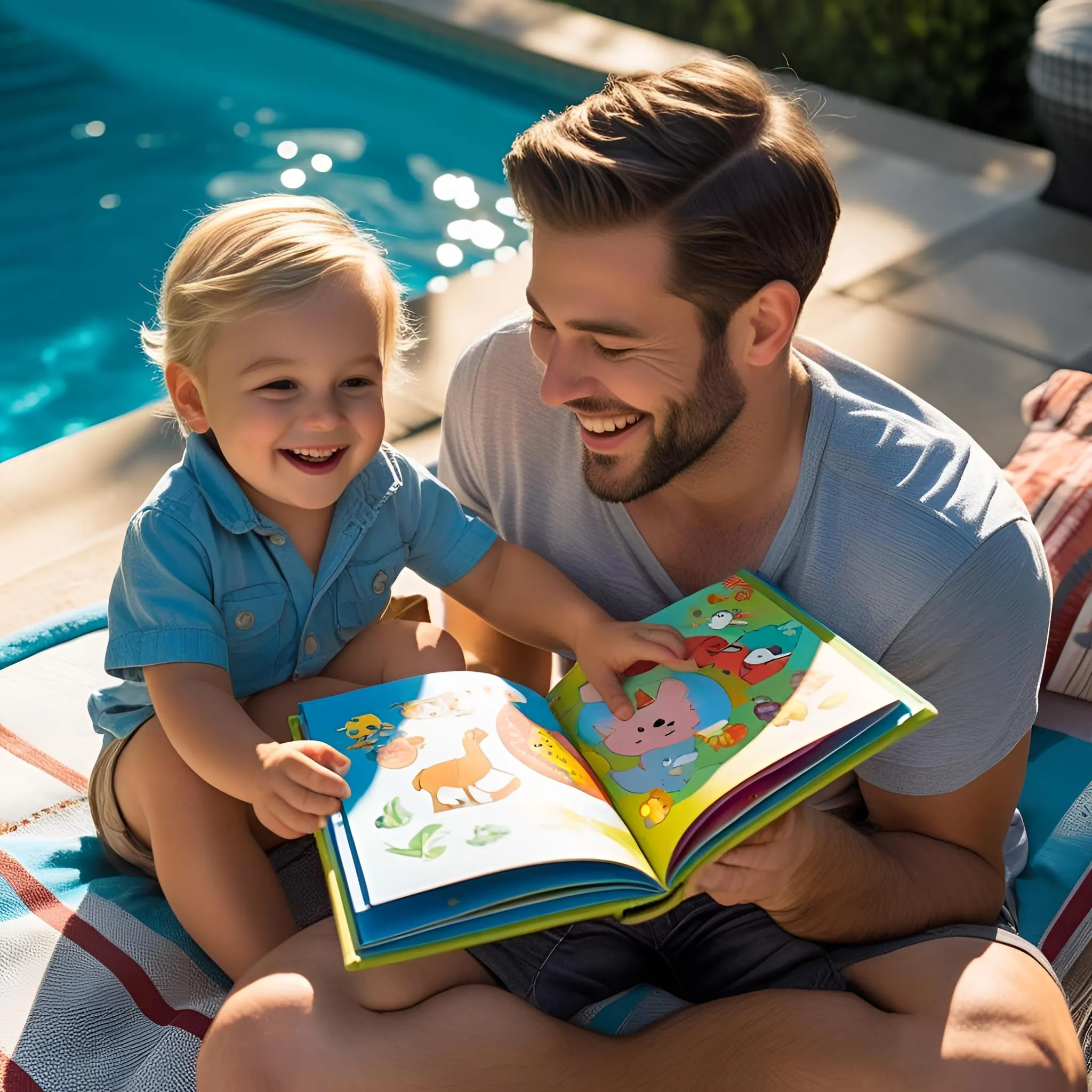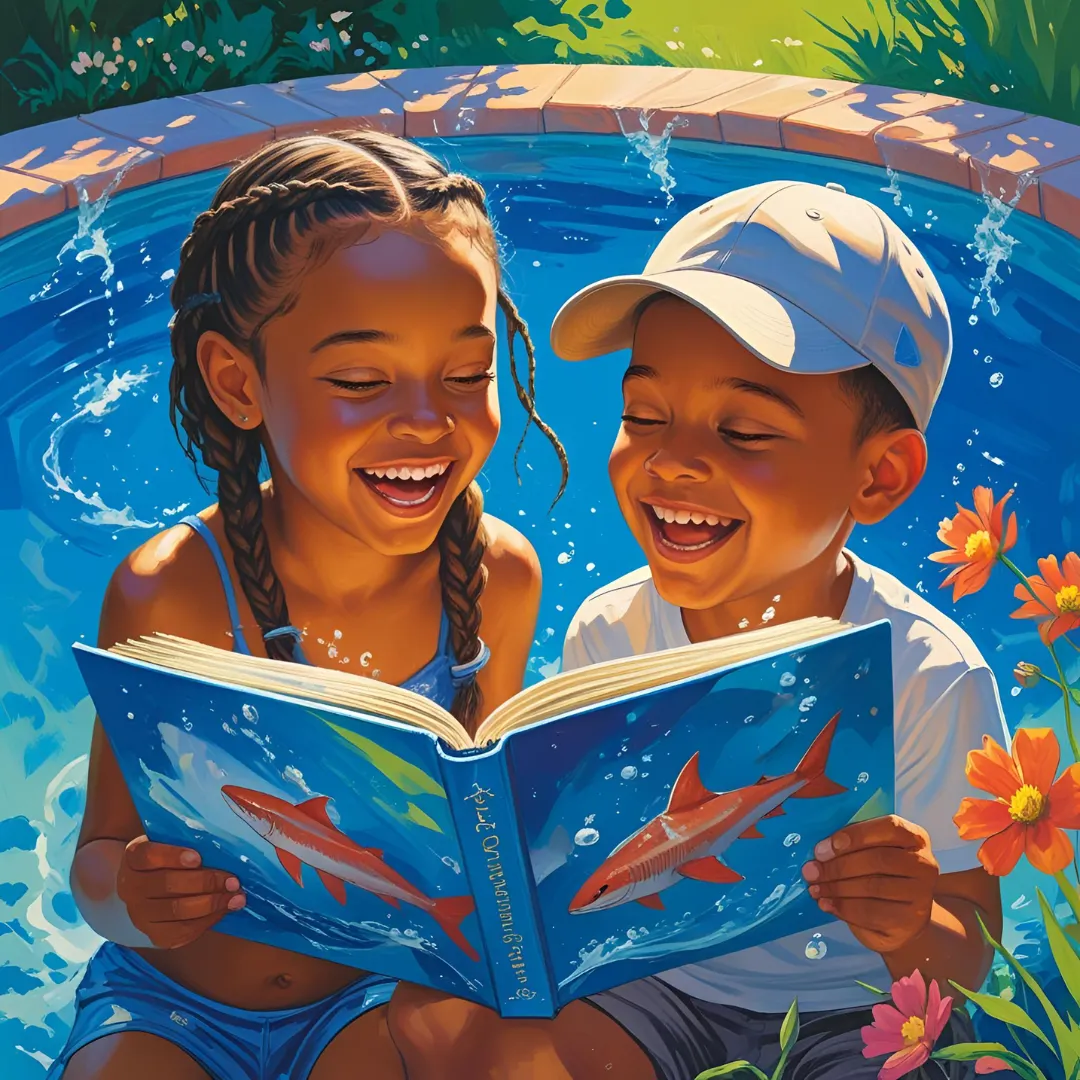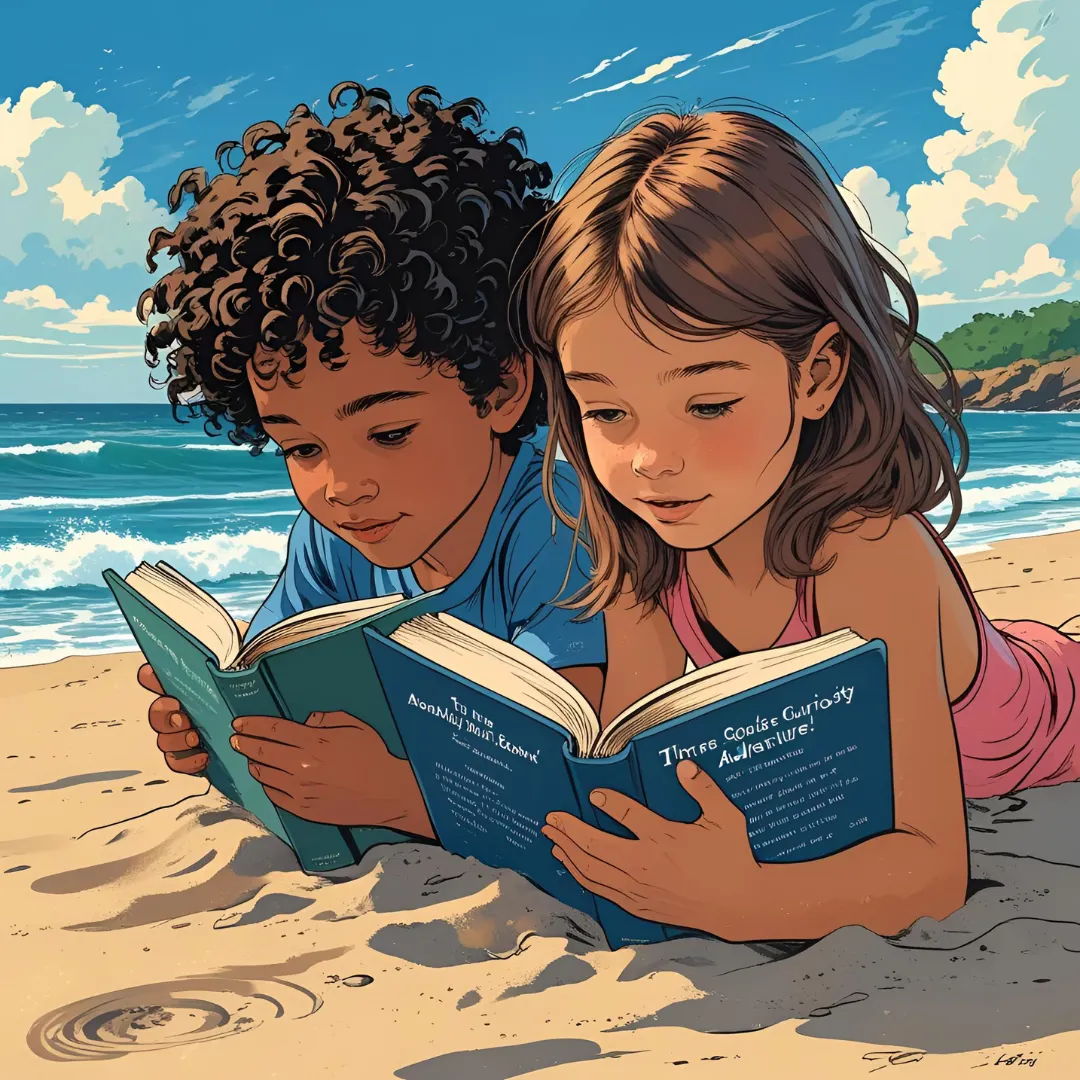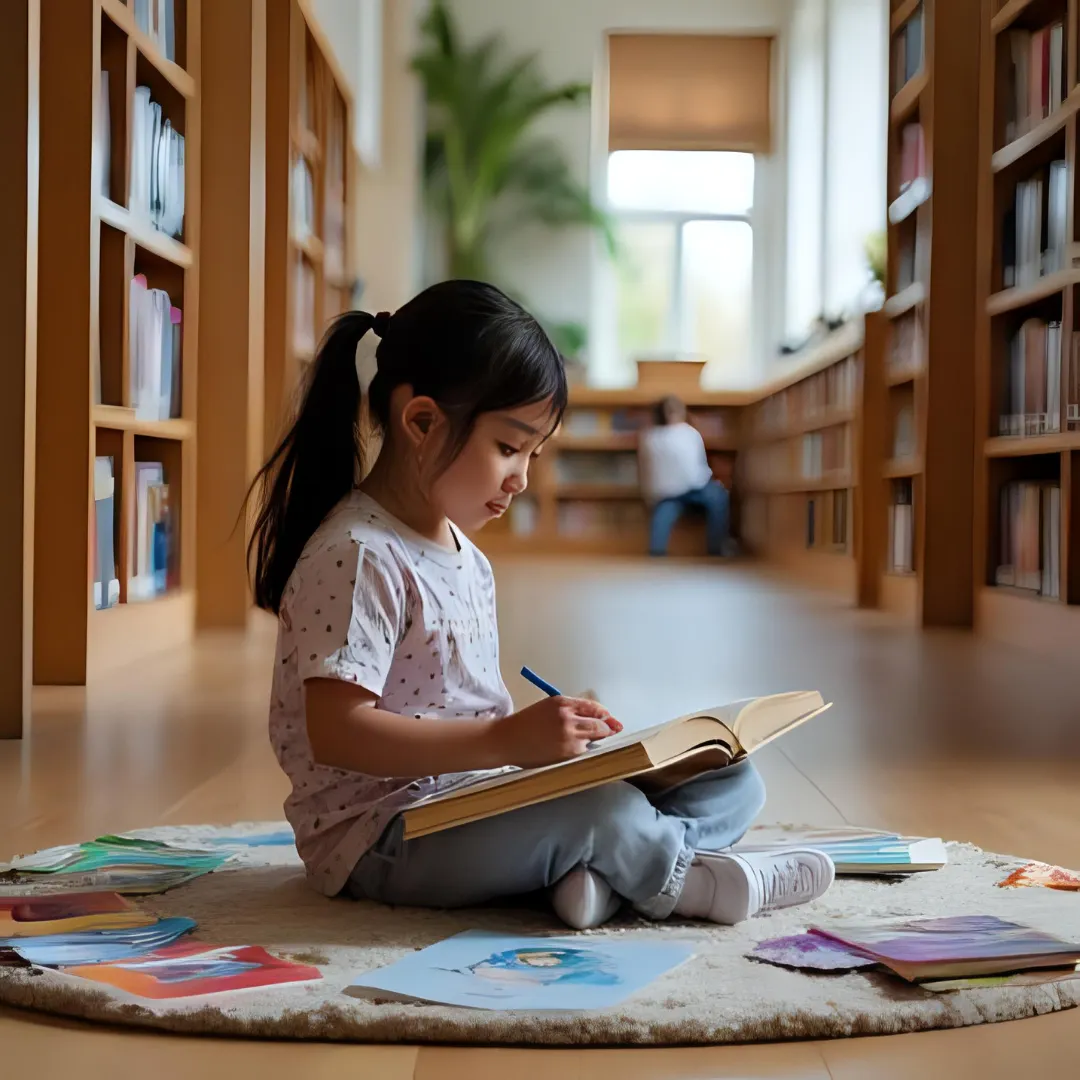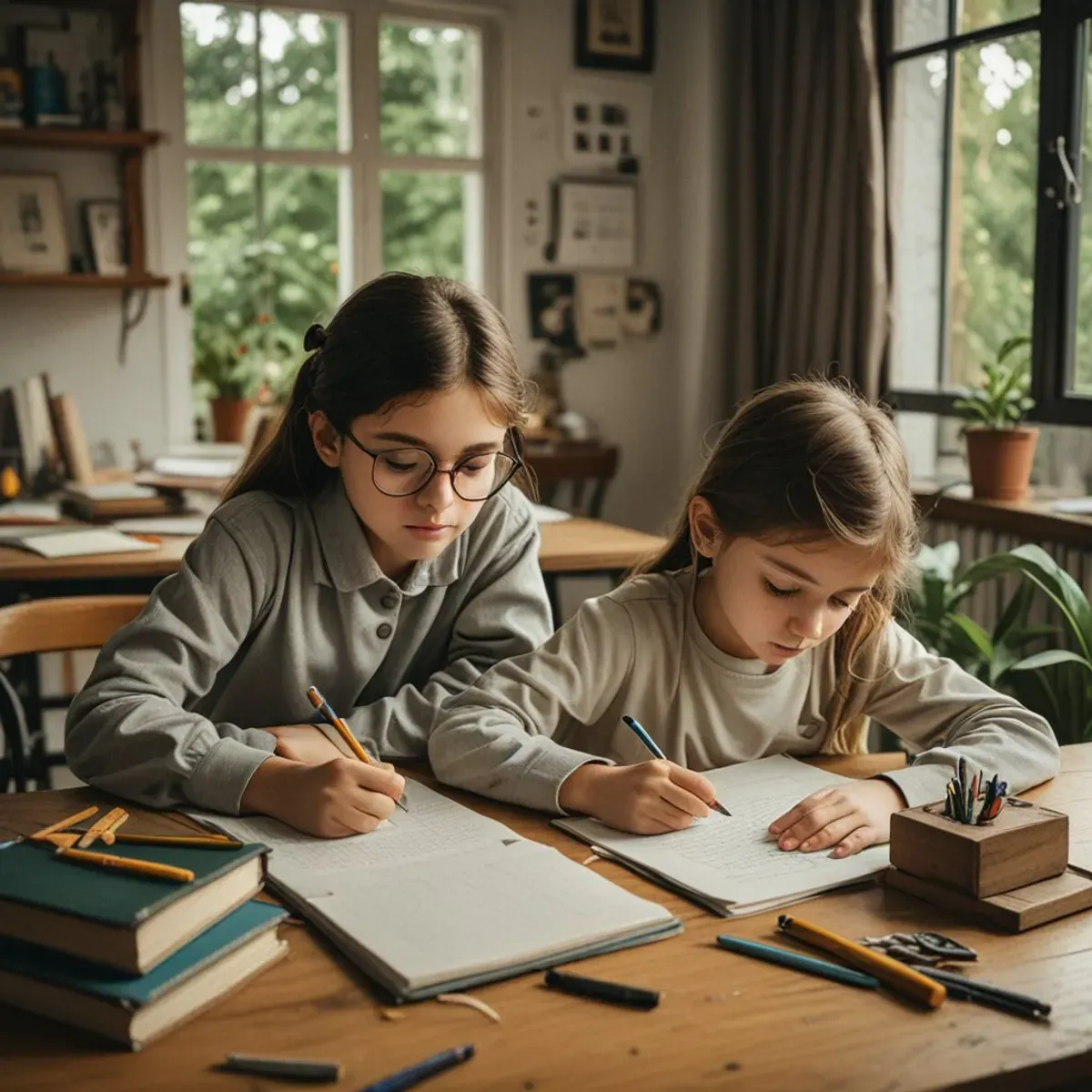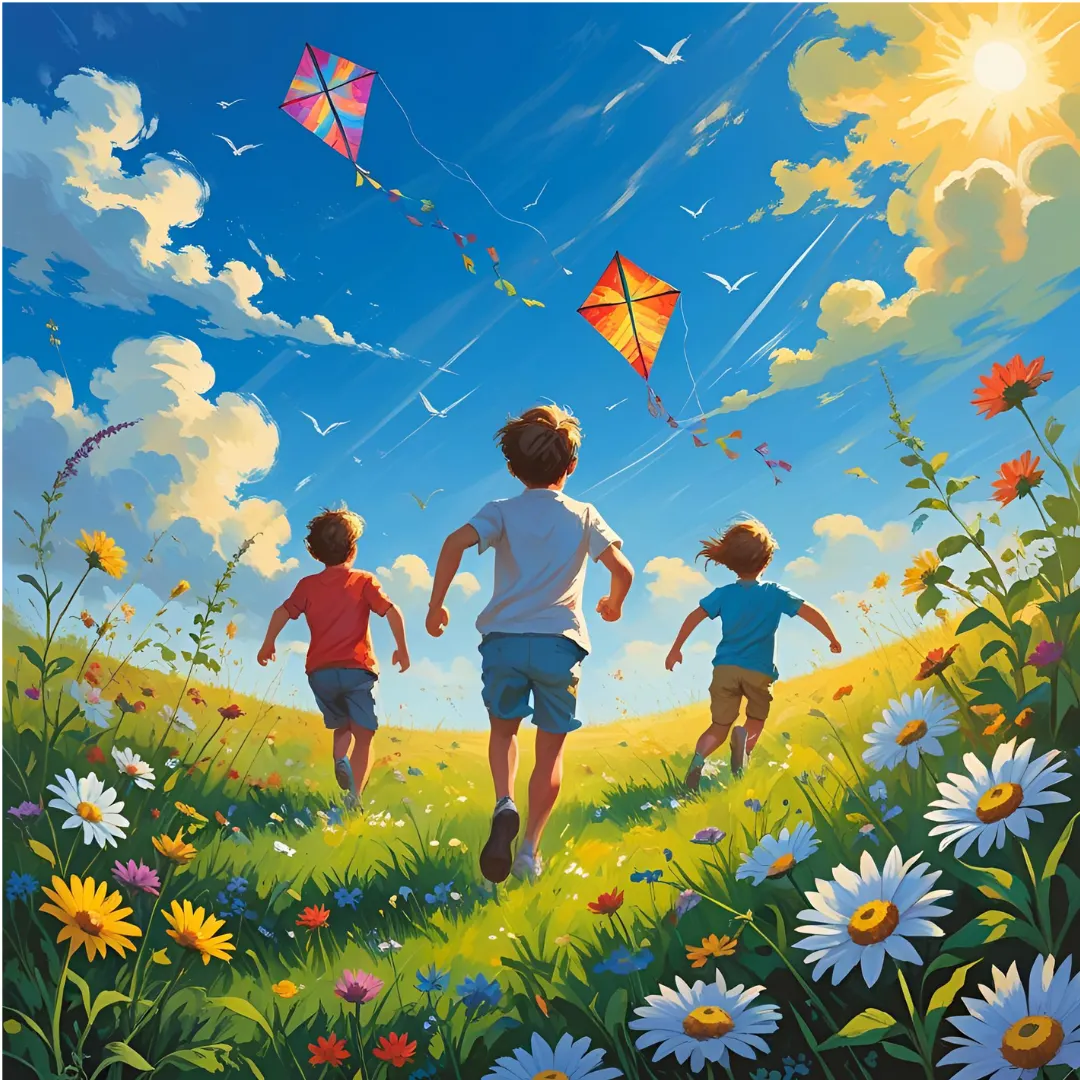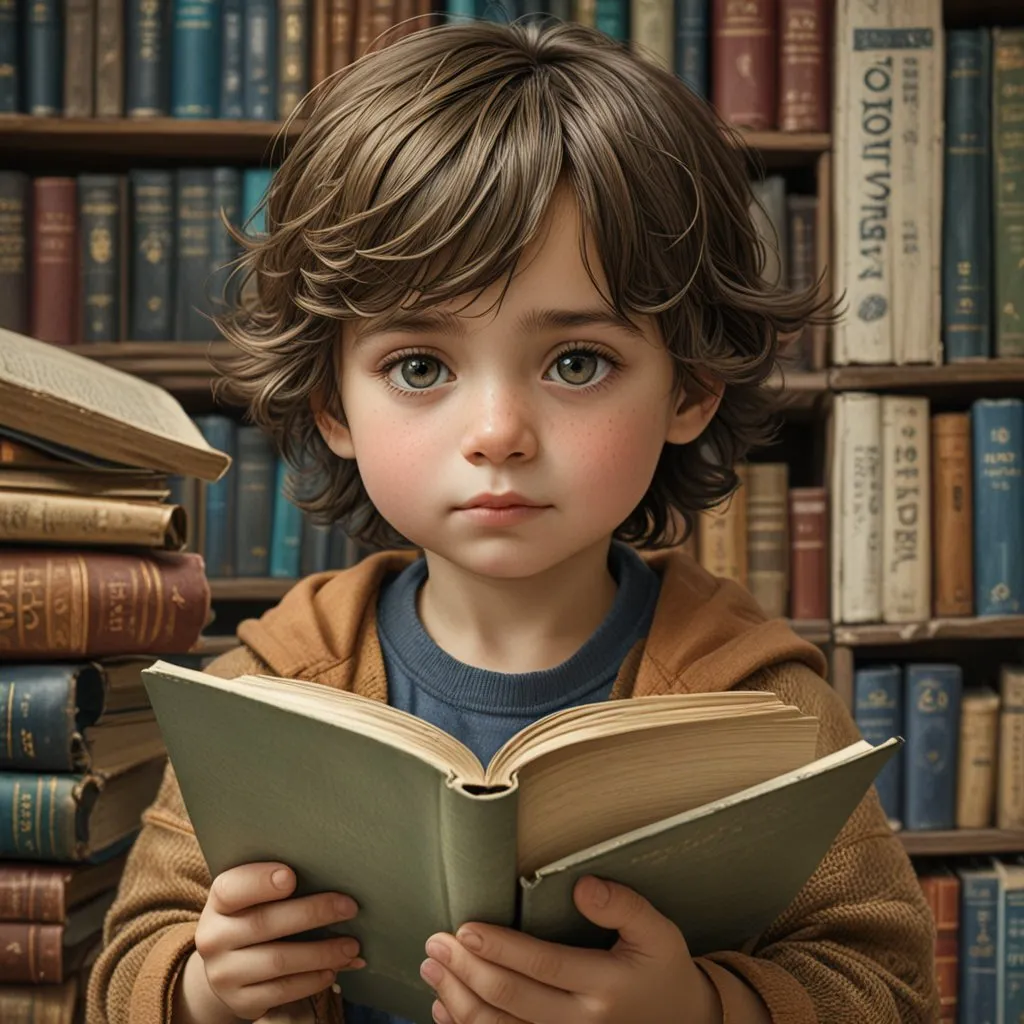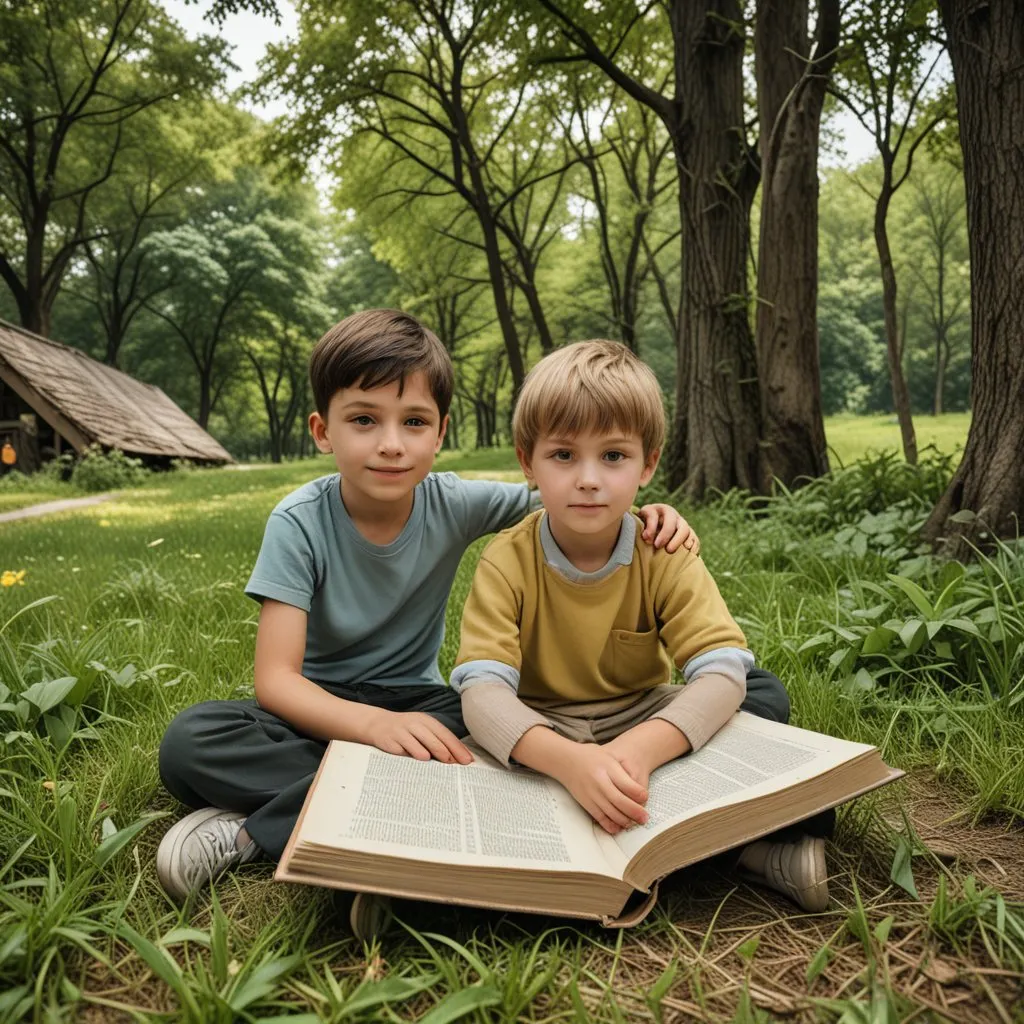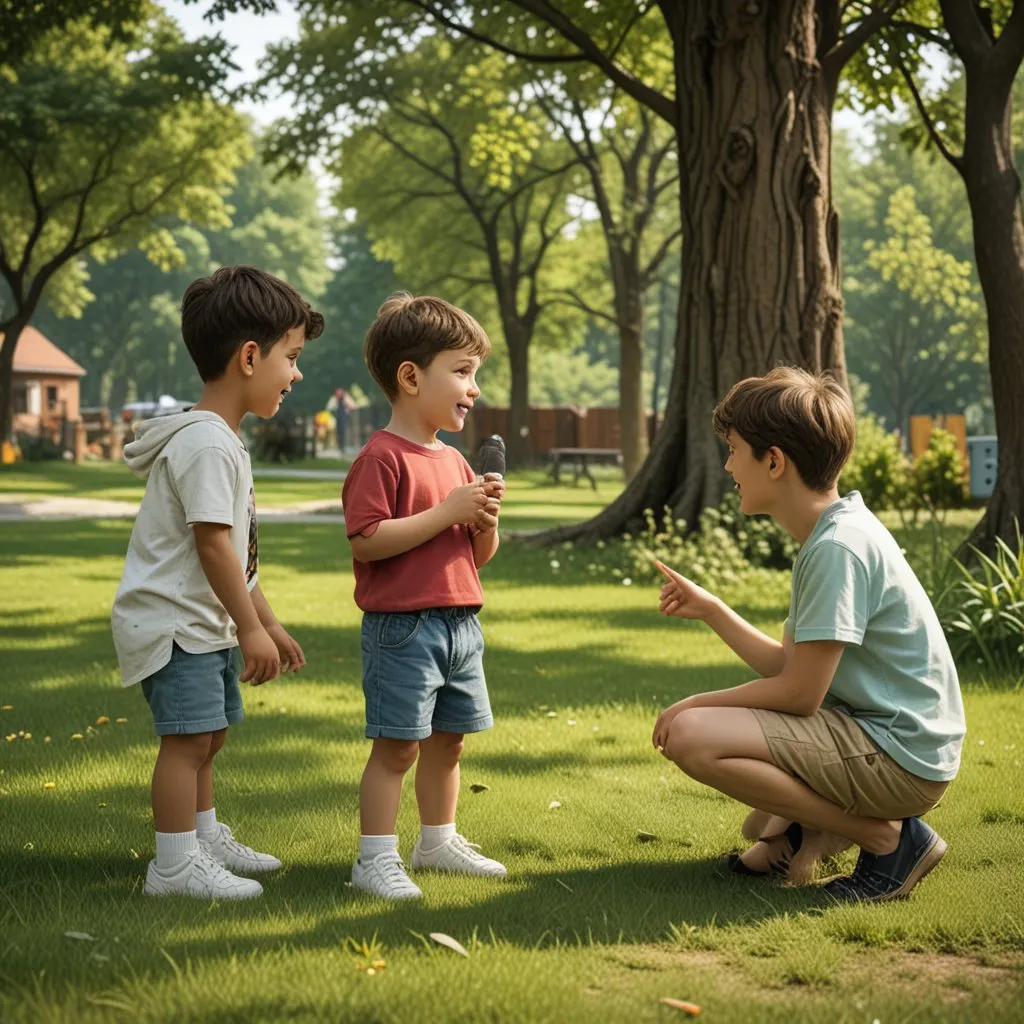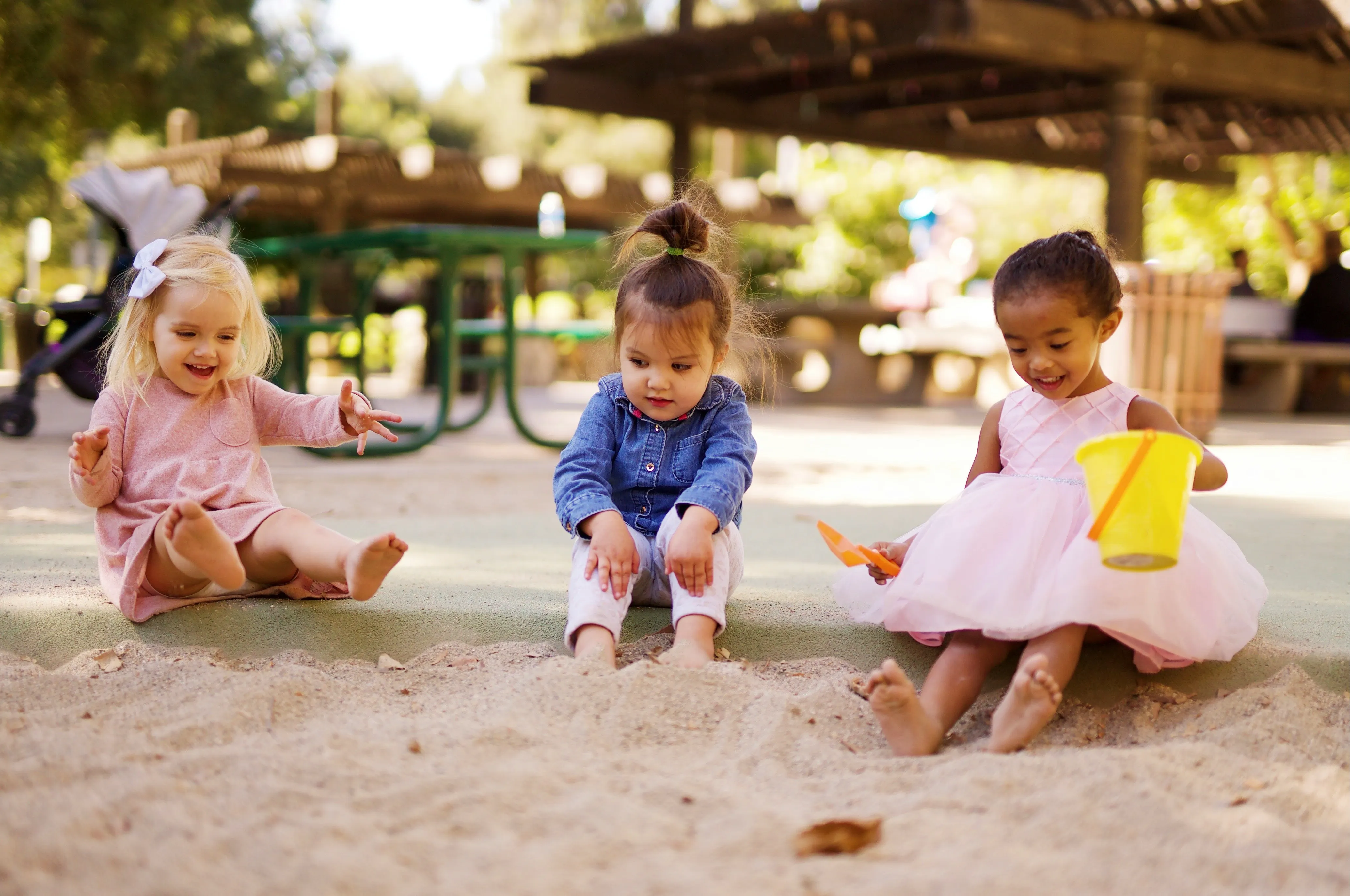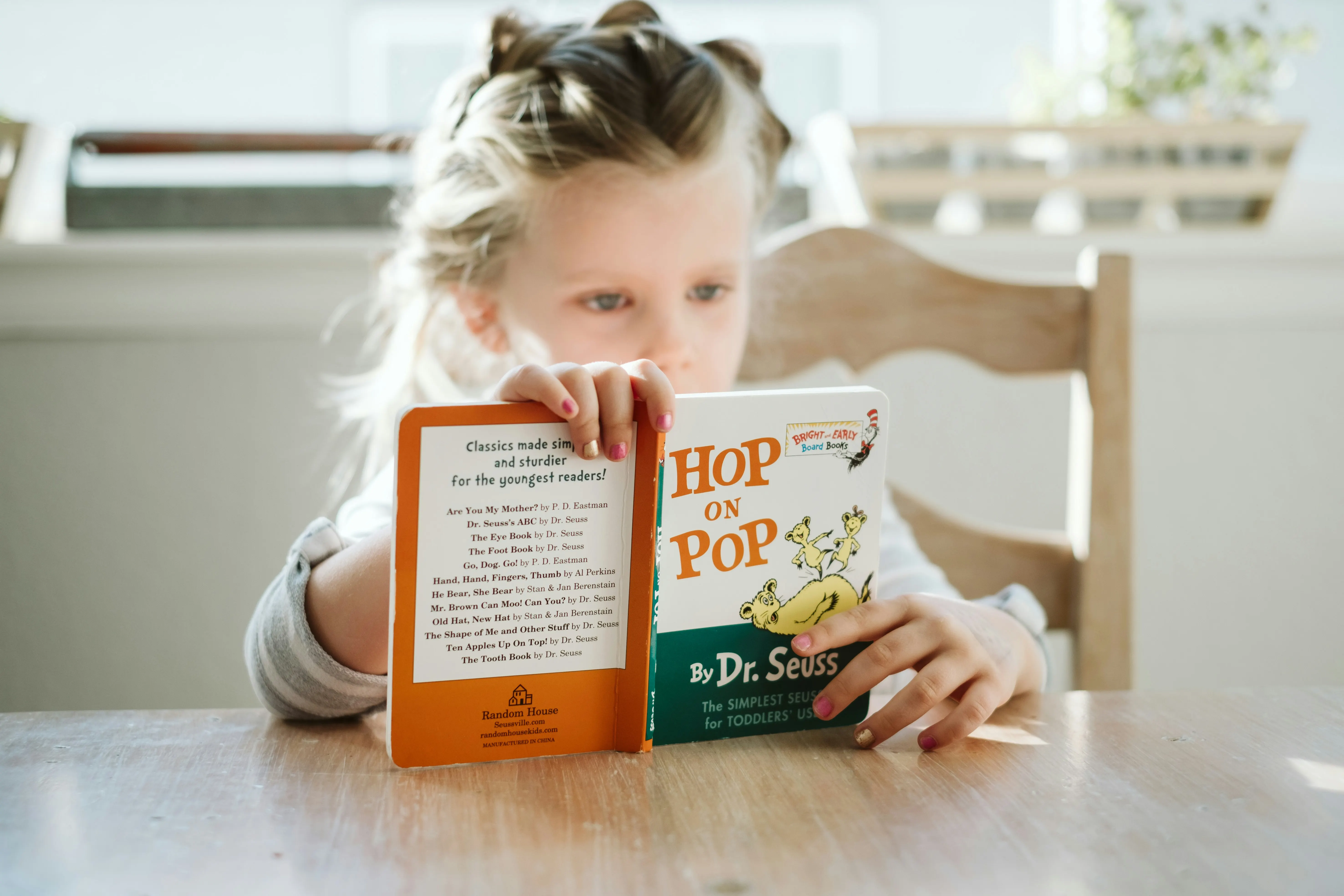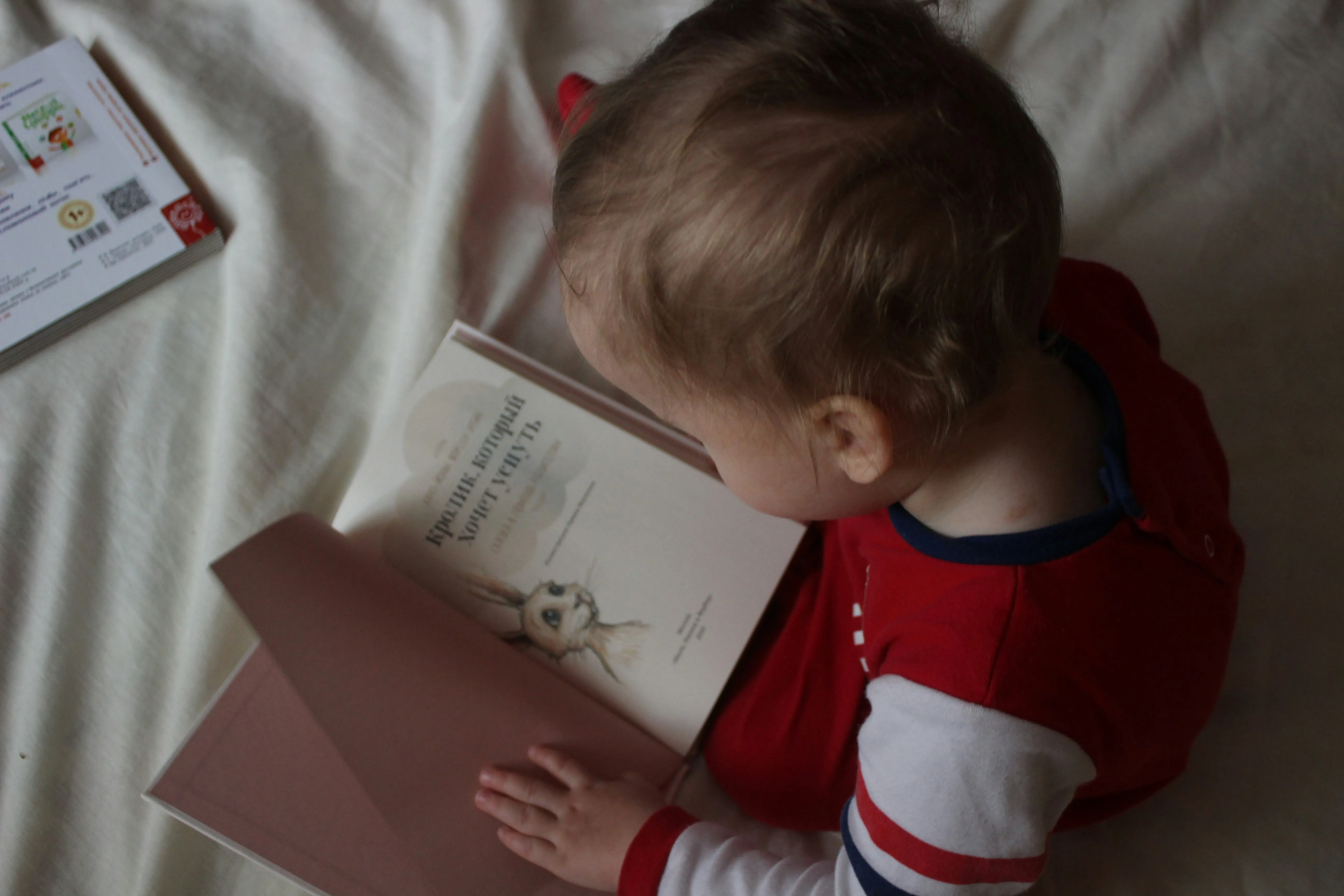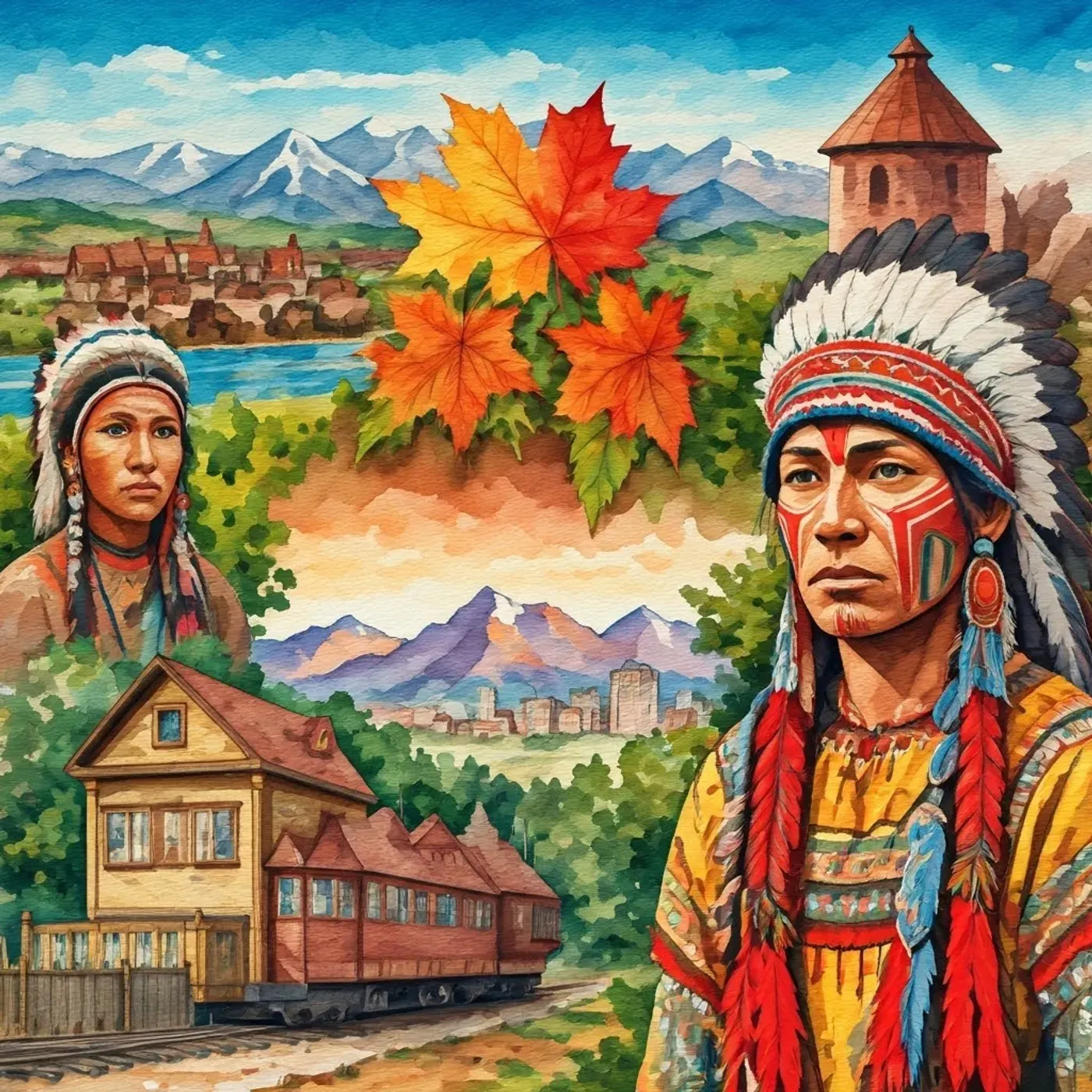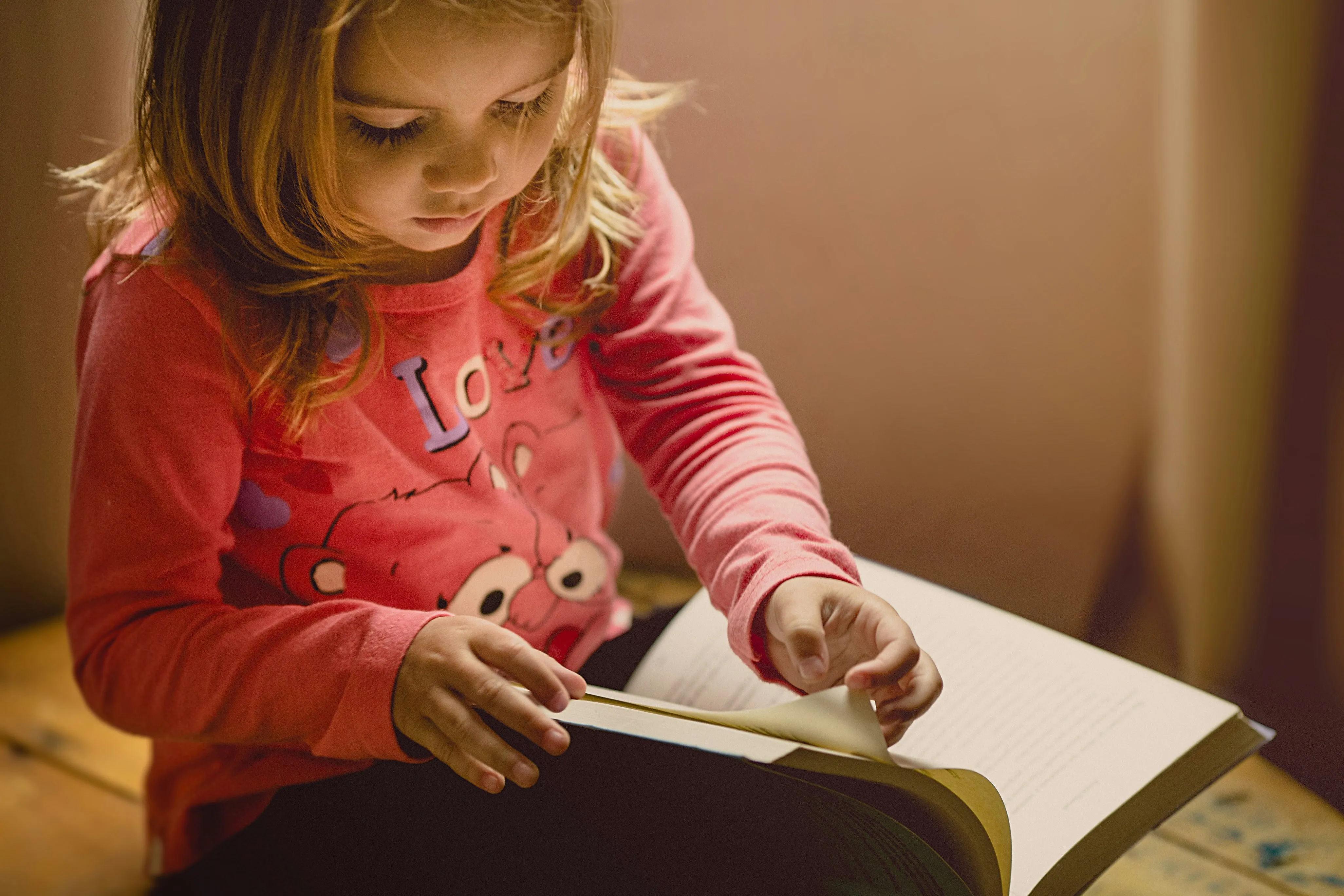Mother's Day for Grandma: Personalized Stories for Learning
Mothers Day for Grandma: Learning with Personalized Stories

Key Highlights
- Grandmas possess a natural ability to create captivating stories that foster a love of reading in young kids.
- Personalized stories help strengthen language skills, expand vocabulary, and boost emotional development in grandkids.
- By incorporating family history and traditions, grandmas provide valuable lessons and a sense of belonging.
- Interactive storytelling, with opportunities for problem-solving and critical thinking, further enhances the learning experience.
- The emotional closeness developed during reading time solidifies the special bond between grandmas and their grandkids.
Introduction
In child development, young children grow best with love, attention, and fun experiences that help their minds develop. Parents are important, but grandmas have a special role too. Grandmothers provide a unique mix of wisdom and love. The most important thing they offer is their time.
How Grandmas Enhance Learning Through Personalized Stories
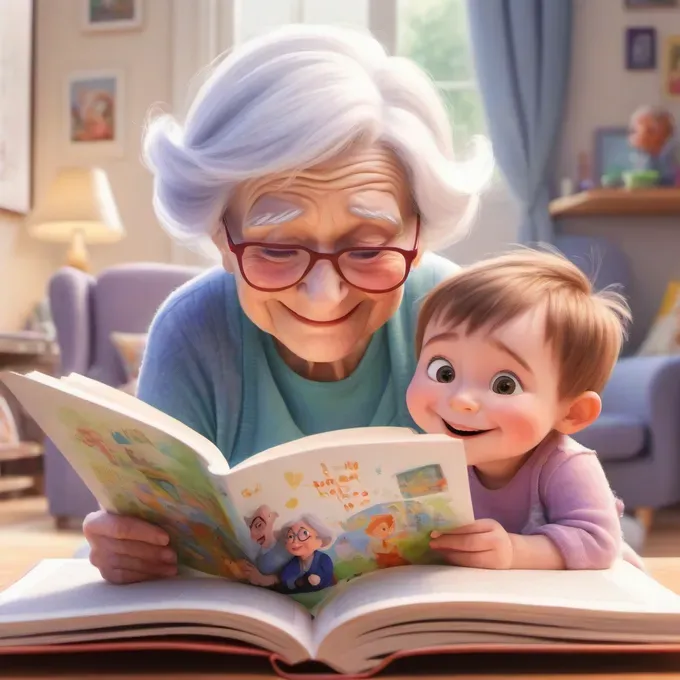
Grandmas are great at telling stories. They often share magical tales that excite their grandkids. These stories do more than just entertain; they are effective tools for learning and growth. By focusing on what their grandkids like, as well as family history and educational ideas, grandmas make fun and learning experiences.
These stories are not just about sharing facts. They help build strong memories, deepen relationships, and foster a lasting love for learning.
1. Crafting unique stories based on grandchildren’s interests
One great way grandmas help with learning is by telling stories about what their grandchildren love. Whether it’s dinosaurs, fairies, or spaceships, grandmas have a special gift for creating fun stories that grab their attention.
By including these interests, reading time turns into a fun event and makes learning feel like an exciting adventure. Family members often play roles in these special stories, which strengthens their bond and makes the tales even more enjoyable.
This personal touch makes sure that each story becomes a valuable part of their grandchildren's lives.
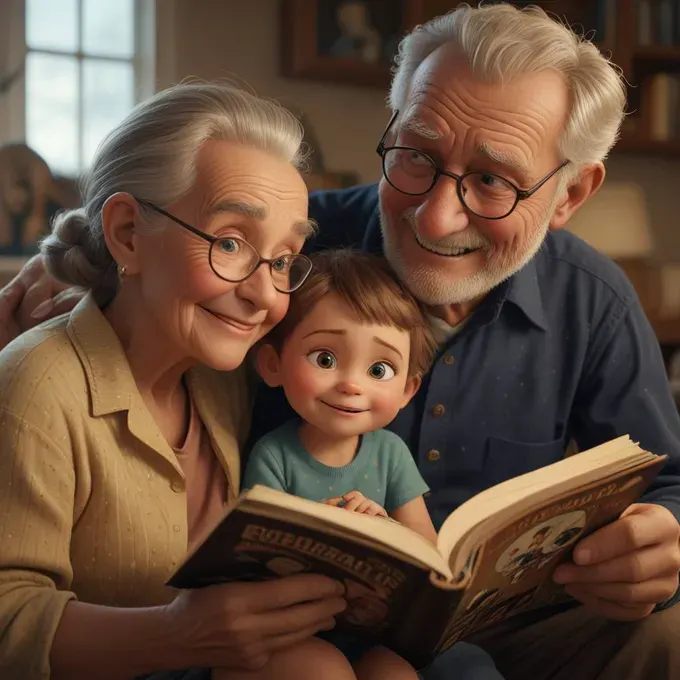
2. Using family history to teach valuable lessons
Grandmas are like fascinating historians. They share family history with their grandkids. They tell stories about their own parents and grandparents, plus their own childhoods. This helps link past generations to today and creates a strong family story.
These tales not only entertain but also share important lessons about family values, traditions, and culture. Kids discover lessons about resilience and determination. They also learn how important family bonds are from the experiences of those who came before them.
Telling these stories brings families closer together. It helps kids understand where they fit into their family story.
3. Incorporating educational themes within captivating narratives
Grandmas are great at adding learning into their fun stories. A simple tale about a curious little bunny can introduce ideas like counting, colors, or the alphabet. Preschoolers benefit a lot from this method because they learn better when things are fun and interesting.
For example:
- A story about visiting the zoo can teach them about different animals and where they live.
- A tale about making a cake can show them how to use measurements and understand fractions.
- A story about traveling to a distant land can spark their interest in geography and different cultures.
By mixing learning with fun, grandmas help make education a natural and enjoyable part of their grandchildren's lives.
4. Encouraging problem-solving through story challenges
Interactive storytelling is a strong tool that grandmas use to help toddlers learn. They include story challenges and open-ended questions. This encourages problem-solving and thinking critically. For example, grandmothers might stop the story and ask their toddlers, "What do you think will happen next?" or "How can we help the character solve this problem?"
This type of active participation keeps children interested. It sparks their imaginations and makes them think creatively. These story sessions turn into fun adventures. They help kids enjoy solving problems and feel confident when facing challenges.
Grandmas know that children learn best by playing and being involved. They skillfully weave these fun elements into their storytelling.
5. Fostering a love for reading and learning early on
One of the biggest ways grandmothers can help is by encouraging a love of reading in their grandkids when they are very young. They make reading time a special event filled with warmth and great stories. This helps kids form good feelings about books and learning.
Grandmothers know that reading is not just about sounding out words. It's also about sparking imagination, broadening views, and building a desire to learn. They gently guide young kids to enjoy reading, helping them fall in love with stories and all the adventures they can bring.
Being exposed to the joy of language and stories early on builds a solid base for success in school and a lasting love of learning.
The Impact of Storytelling on Childhood Development
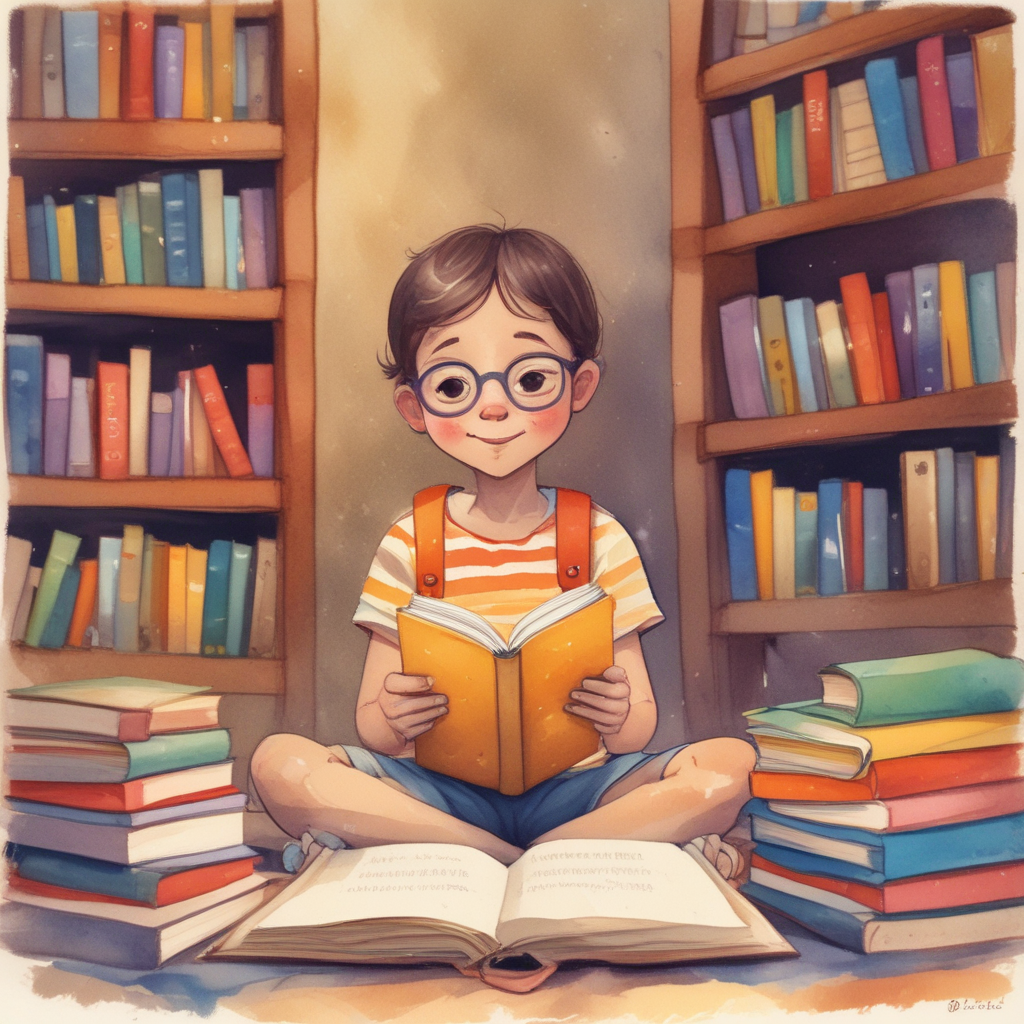 The benefits of storytelling go well past just being fun. When grandmothers tell stories in a personal way, they help their grandchildren grow in many important areas like thinking, feelings, and social skills.
The benefits of storytelling go well past just being fun. When grandmothers tell stories in a personal way, they help their grandchildren grow in many important areas like thinking, feelings, and social skills.
Repeating words and phrases in stories helps kids improve their language skills and learn new words. Additionally, stories create a safe way for kids to look into complex feelings and understand social situations by seeing what characters do and how it affects them.
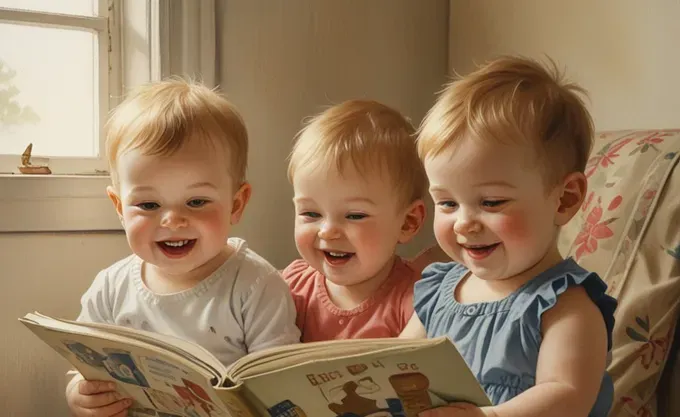
Strengthening language skills and vocabulary
Personalized stories are very important for helping kids improve their language skills and grow their vocabulary. When children listen to stories, they hear many new words, phrases, and ways to put sentences together that they might not hear often in their daily chats.
Many children's stories use repetition. This means kids hear the same words and phrases in different situations, which helps them learn better.
When grandmothers tell stories, they naturally change their words to fit how kids are growing. They slowly introduce new words and grammar points. This way of learning through stories helps kids build a strong basis for reading and communication later in life.
Boosting emotional and social understanding
Beyond language development, personalized stories are invaluable tools for boosting emotional and social understanding in children. Stories provide a safe and relatable way for children to explore complex emotions such as joy, sadness, anger, and fear through the experiences of characters they come to care about.
By witnessing how characters navigate challenges and relationships, young children gain insights into social dynamics, empathy, and appropriate behavior. Grandmothers often pause during storytelling to discuss the feelings of the characters, asking their grandkids how they think the characters feel and why.

Related Articles:
Nurturing Bonds: Grandparents and Grandchildren Relationship
The Unique Connection: Grandparents and Grandchildren Bond
Grandchildren Love Grandparents: Creating Lasting Memories Together
Conclusion
In conclusion, grandmothers help grandkids learn in a special way. They tell stories that fit each child's interests. By sharing family stories, they teach important life lessons. Their fun tales also include educational ideas. This approach builds a love for reading and learning. Grandmothers help kids get better at solving problems and growing emotionally. Storytelling is key for a child’s growth. It strengthens language skills and improves social awareness. Most importantly, it creates a lasting love for learning. So, let’s celebrate grandmothers and the amazing effect they have on their grandkids' learning through storytelling.
Frequently Asked Questions
What are effective storytelling techniques for grandmothers?
Grandmothers can make their stories fun by using different voices for the characters. They can also use props and keep eye contact. Asking questions and leaving some parts open-ended makes storytelling more exciting. Repeating key phrases really helps with engagement and learning.
How often should grandmothers read stories to their grandkids?
The frequency can change based on closeness and plans, but aiming for at least a few times a week is good. Even short and regular storytelling times can greatly help a grandchild's growth. Consistency, like with other caregivers, is important to make reading a beloved routine.
How can personalized stories from grandmothers benefit grandchildren's learning?
Personalized stories are perfect for a grandchild’s interests. They make learning fun. These stories help with language skills and increase vocabulary. They also support emotional growth. By including family members and personal experiences, these stories help kids feel connected and improve their understanding of the world.
What are some tips for creating engaging and educational personalized stories for grandchildren?
Think about what your grandchild likes. You can mix their interests into the story you are telling. Make sure to add lessons in a way that feels natural. Ask them for ideas on characters or what happens in the story to spark their creativity. Also, be silly sometimes and use your imagination. Kids love fun and playful stories.
How do personalized stories from grandmothers contribute to the emotional development of grandchildren?
Personalized stories create a safe place for kids. They can explore their feelings through the characters. When grandmothers talk about a character's emotions, they help their grandchildren grow in emotional intelligence and empathy. This emotional closeness makes their bond stronger. It also supports children in developing good emotional responses.




